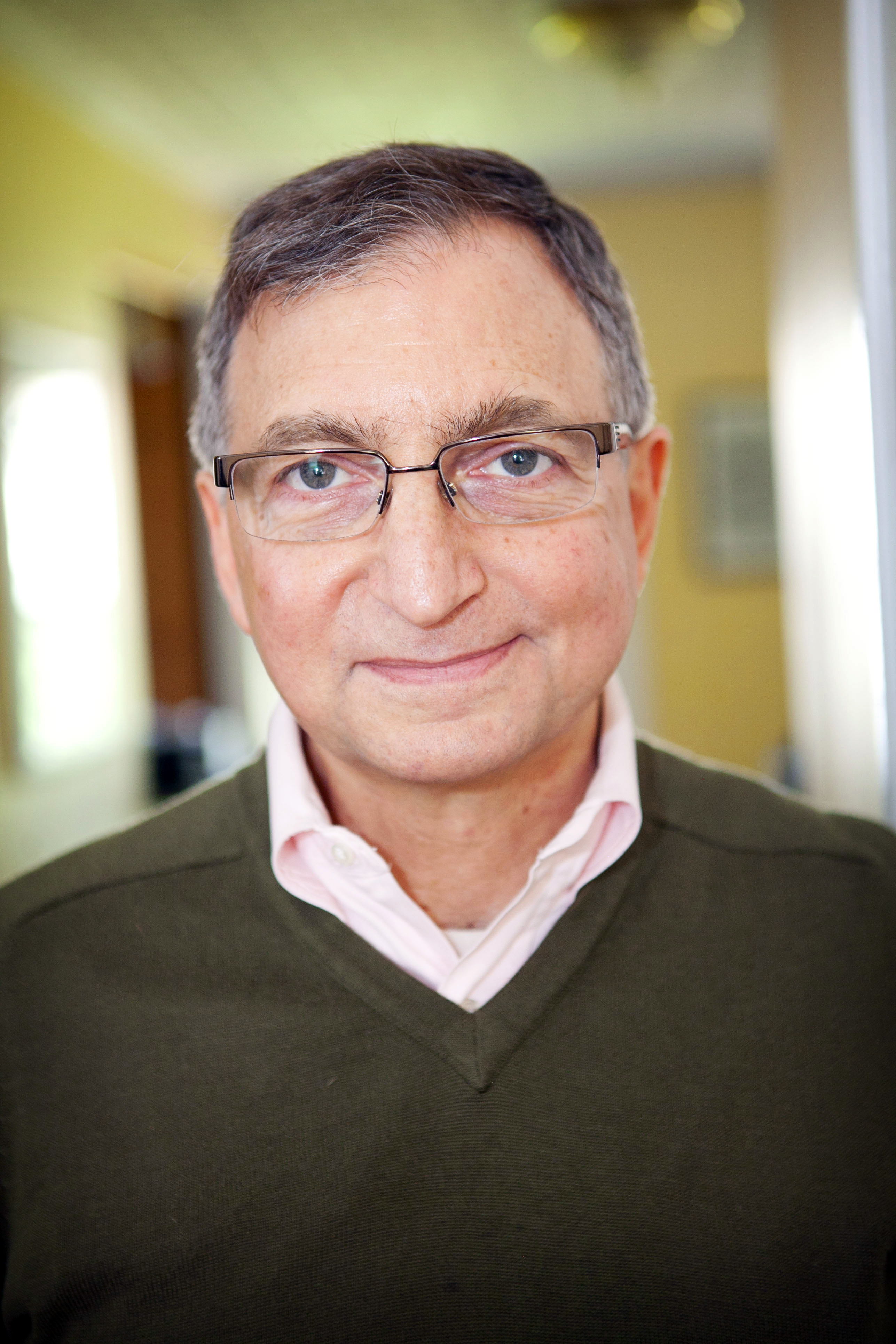Jeff Levy-Lyons

I sit on the steering committee the Jewish Climate Action Network (JCAN) NYC. JCAN’s reason for being is, as the name suggests, singularly focused: bringing a greater Jewish presence into the work of addressing the climate crisis. I believe that this crisis lives up to its billing as the biggest problem the world has ever faced and, as Marshall McLuhan famously said, “There are no passengers on spaceship Earth – we are all crew”.
The movement to address climate change needs more smart people who get the science, who are attracted to solving big, vexing problems, and who know how to organize. To me, that means the movement needs more Jews. When I mentioned this perspective to the Jewish-born, but clearly secular leader of one of the largest climate movement groups in NYC, she pointed skyward and said, “From your mouth, to God’s ear.”
However, I think that the Jewish community needs this movement just as much as the movement needs them. And that perspective very much aligns with Proposition 1 in Jewish Megatrends: tzedek or justice. That belief emanates from my own Jewish journey.
I have personally straddled the tribal/covenantal divide in my Jewishness. For many years, from a childhood in a luke-warm Conservative Jewish upbringing (warm in home life, deadening at the Temple), into my early adulthood and a first marriage to a Catholic woman, my sense of being Jewish was purely cultural and the tribal link felt weak. When I engaged in social justice and/or political work, it was as a progressive, not necessarily as a progressive Jew. Yet, by coincidence, I was in Israel during the Yom Kippur war which kindled a closer, more familial attachment to the land, its people and the need for the State of Israel to survive.
Post-divorce and approaching middle-age, I rediscovered Judaism through the Jewish renewal movement and a big part of that was the relationship between God and tikkun olam, the sense of being created in the image of God and my call to partnership with the Infinite Eternal. I came into that covenant and saw that connection, which kept surfacing in my impulse to serve, as if for the first time.
I agree that the covenantal relationship to Judaism is key to its future and to the sense of aliveness that is possible only when we are outwardly focused on healing the broken places in our world. Nowhere is this energy needed more than in addressing the climate crisis. When Jews get past the abstraction of an enormous problem that can’t yet be seen and hasn’t yet been experienced, they feel themselves called to put out the fires of the burning building that is our climate.
Our Torah and our traditions align with our actions when we work on behalf of those most vulnerable and on behalf of future, unseen generations who will inherit our world. The Schwarz essay rightly points out that most Jews could not cite where in Torah or Talmud these admonitions reside, but they’ve picked up the messages and feel drawn to the work of justice.
So, my comfort working within a Jewish context speaks to my tribal Judaism. My belief that more Jews need to engage in this global crisis speaks to my covenantal Judaism. But, without question, my commitment to tzedek is the overriding driver that keeps me believing in the work of the Jewish Climate Action Network NYC.
I also feel that the work I’ve brought into the climate movement reflects Proposition 4: Kedusha. Most climate-oriented organizations focus almost exclusively on the supply side of our energy systems, with the goal of moving off fossil fuels and into renewable energies like wind and solar. That mission is also central to JCAN NYC. However, since coming onto the steering committee, I’ve introduced the “Living in Balance” initiative that addresses the ways in which we in the developed world are out of balance with our consumer and lifestyle practices. This awareness gives us the impetus to shift to more eco-kosher practices, like moving toward a plant-based diet and reducing our carbon footprints. Hazon is a partner organization within a similar, global, multi-faith initiative.
These efforts are not the only ways of addressing the climate crisis. They are invitations to a more intentional and mindful posture of living. We gain the awareness and wisdom to make our most mundane daily behaviors manifestations of our sacred purpose. Proposition 4 in the essay states: “In an age when we better understand the shortcomings of capitalism and the culture of consumerism…” I fear that the understanding you refer to is still very limited or too abstract to offer new practices that reflect that understanding. My goal in the “Living in Balance” initiative is to make us better citizens and better Jews through the daily choices we make. I further believe that these choices can cultivate lives of purpose and holiness… at the store, in our kitchens, as well as in our shuls.
The goal of saving the world’s inhabitants from the worst effects of climate change isn’t to reconstitute the world as it was when runaway consumption set us on this perilous path. It’s to reclaim the holy, the sacred, the sense of deployment by creation, and to be blessings to the world. The Jewish community can find such meaning in this work. I am grateful to be among the shofar blowers, calling on Jews to awaken to this moment of crisis and to take their place in repairing our world.
____________________________
Jeff Levy-Lyons is squarely focused on working to address the existential threat of climate change. He works with the People’s Climate Movement, GreenFaith, and Jewish Climate Action Network in New York City.



October 9, 2018 @ 9:36 am
Great message! Kol hakavod Jeff Levy-Lyons.
As indicated, it is essential that everything possible be done to try to avert a climate catastrophe.
We should urge rabbis and other influential Jews to speak out and to arrange events at synagogues and other venues that Increase awareness of the threats and what should be done to reduce them.
And, since almost all Republican politicians are in denial about climate change and President Trump has appointed climate deniers to the EPA and other important positions and has been doing, along with Republican politicians, all he can to remove regulations that aim to reduce pollution and greenhouse gas emissions, it is essential that Republicans be defeated at the polls in November.
And, as president emeritus of Jewish Veg, formerly Jewish Vegetarians of North America, I think it is important to get vegetarianism and veganism onto the Jewish agenda, since animal-based agriculture is a major contributor to climate change, largely due to methane, a very potent greenhouse gas, being emitted by farmed animals.
How can we get responding to climate treats to be a central focus in Jewish life today.
October 9, 2018 @ 10:55 am
Please insert a link to the Schwarz essay to help provide context to this excellent, article which I plan on showing my congregation this Shabbat.
October 9, 2018 @ 12:41 pm
Thank you for your important work, Jeff! I agree that it goes both ways. Working for climate action gives meaning to being Jewish. And Judaism and Jewish community help us do this by work.